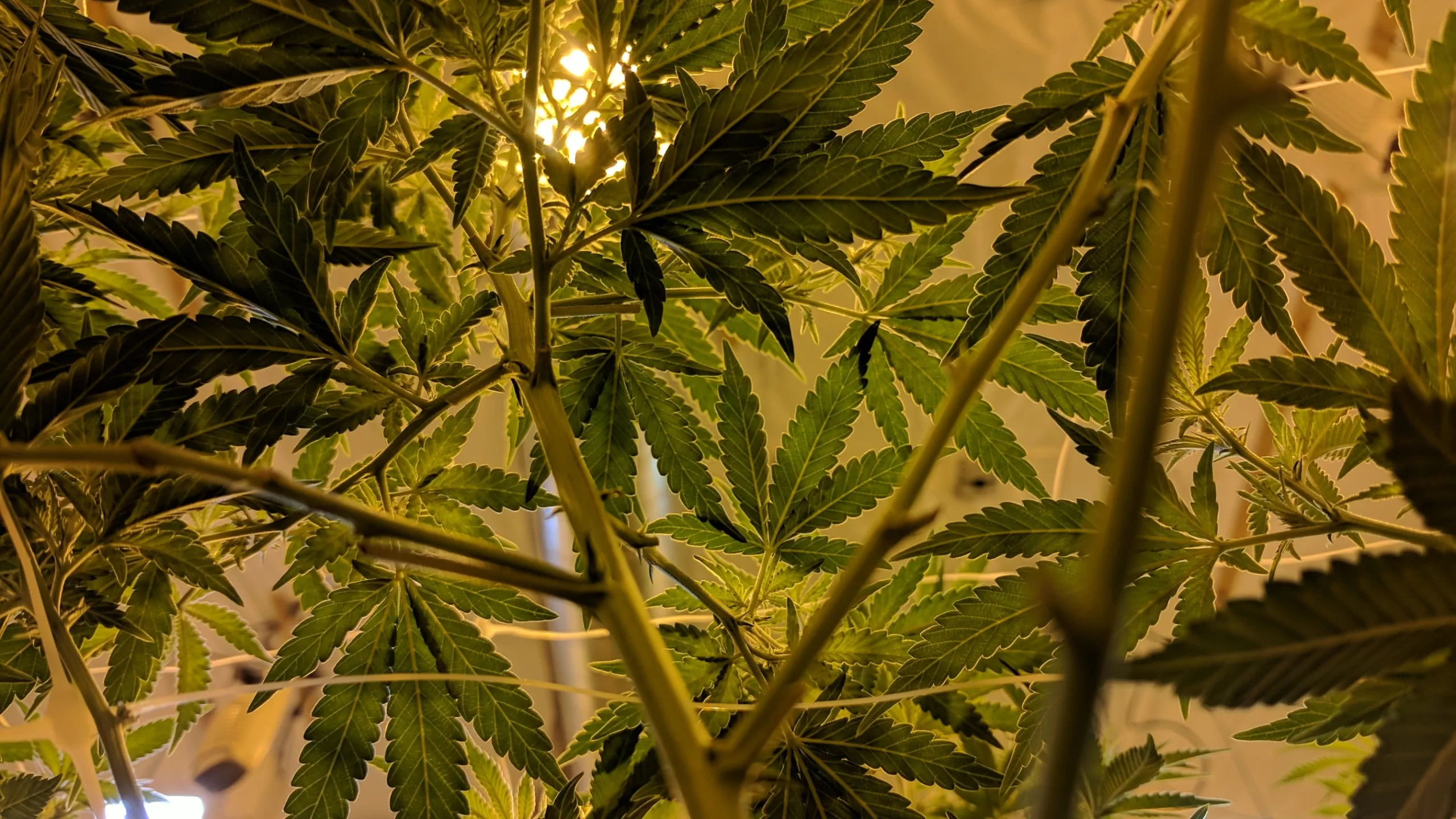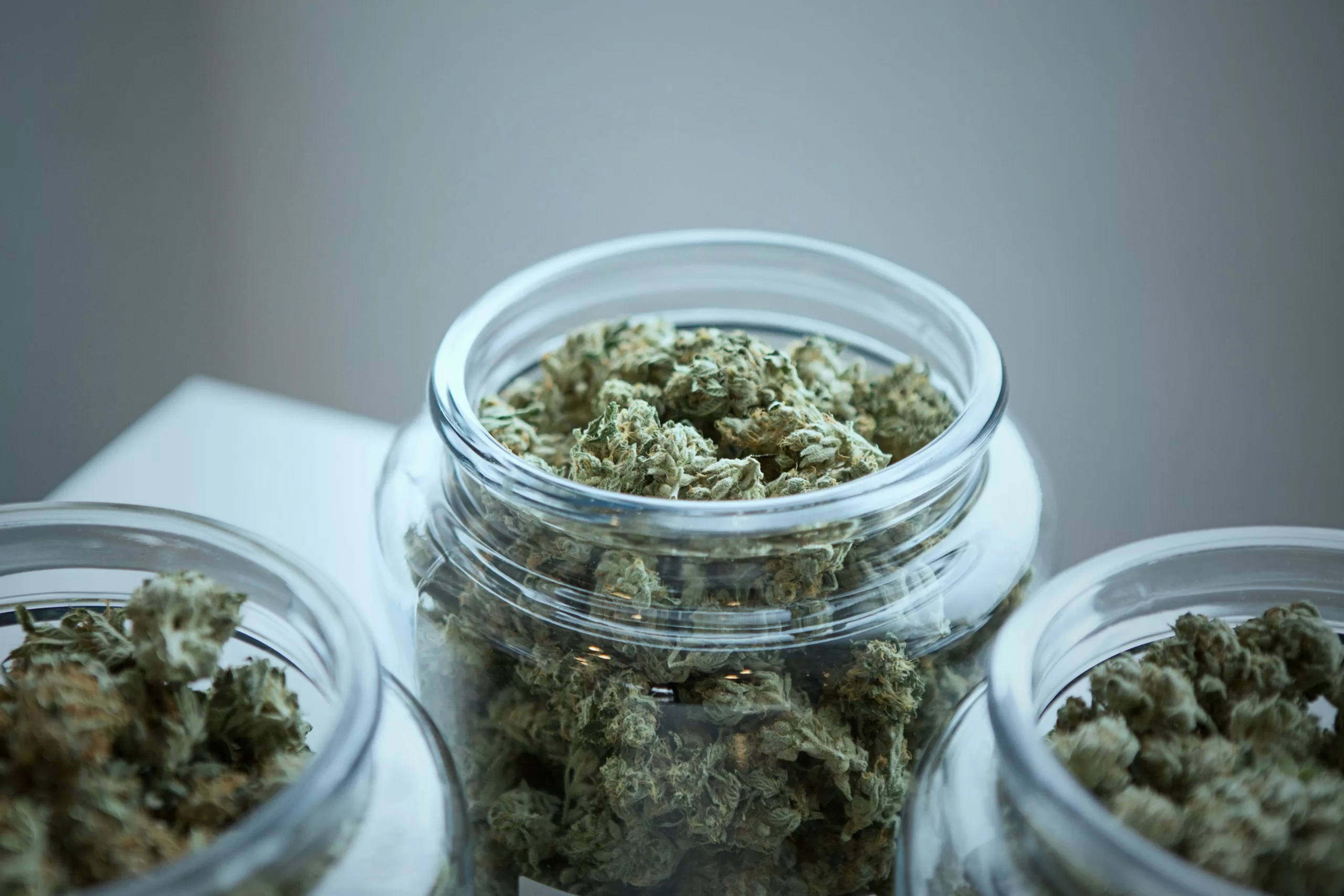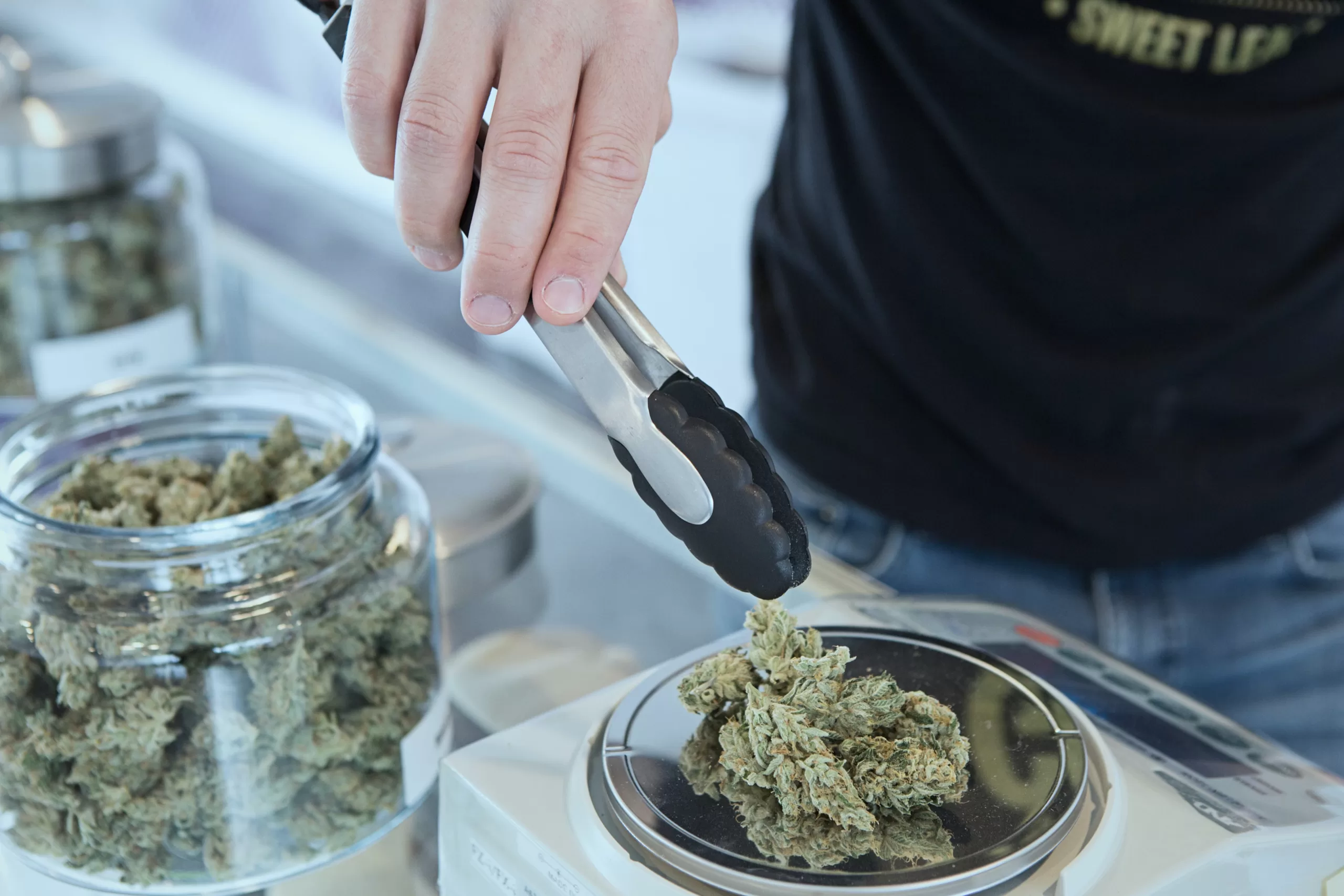Marijuana Legalization Narrative – It has been a complex and developing subject for decades. It includes diverse viewpoints, historical circumstances, and changing laws. This article summarizes the marijuana legalization story, including its milestones, arguments, and ramifications.
A Historical Perspective
Historical use before marijuana legislation. For thousands of years, cannabis—marijuana—has been utilized for many purposes. Different cultures and locations have utilized it medicinally, industrially, and recreationally. Cannabis was used in many US treatments throughout the 19th and early 20th century. The story changed in the early 20th century. The 1937 Marihuana Tax Act criminalized cannabis use and possession, starting decades of prohibition. This time’s anti-marijuana narrative focused on public health, morality, and marijuana’s racial and social implications.
The Counterculture Movement
The movement of the 1960s and 1970s questioned many social norms, including marijuana prohibition. The marijuana narrative shifted to emphasize personal freedom, individual liberties, and adult autonomy in body choices. This period included slogans like “Make love, not war” and “Tune in, turn on, drop out,” reflecting the cultural trend toward marijuana.
Medical Marijuana
Recognition of marijuana’s medical potential changed the legalization narrative. California legalized medical marijuana in the 1990s. This changed the narrative since advocates said marijuana could treat chronic pain, cancer, and epilepsy. The medical marijuana narrative emphasized compassion and pain relief. More states followed suit, and medicinal marijuana is now legal in most U.S. states and many other countries. This shift in narrative spurred scientific study into marijuana chemicals like CBD and THC’s medical benefits.
The Economic Argument
Marijuana legalization also has an economic case. As more governments and countries considered legalizing, proponents cited economic benefits. Legalizing and regulating marijuana might boost tax income, create jobs, and reduce arrests and jail for non-violent marijuana offenses. The marijuana industry, which includes production, sale, and auxiliary enterprises, is also part of the economic narrative. This has raised questions about market competitiveness, entrepreneurship, and small business success in this expanding industry.
Racial and Social Justice
Racial and social justice have been central to marijuana legalization in recent years. The war on drugs, which criminalized marijuana, disproportionately affected minorities. Marijuana prohibition is said to have caused over-policing and over-incarceration in these areas, contributing to systemic inequality. The story now focuses on righting these wrongs. Expunging marijuana convictions and reinvesting tax income into affected areas are common legalization stipulations. The social justice narrative addresses marijuana prohibition’s historical inequalities.
Public Health and Safety
Marijuana legalization opponents worry about public health and safety. They claim that marijuana usage, especially by youth, is harmful and that expanded access could encourage use and addiction. Moreover, the public health narrative advocates strict rules to protect vulnerable people and reduce hazards.
The Global Perspective
The US marijuana legalization narrative is not unique. Several nations have also debated legalization. Canada was one of the first G7 nations to legalize recreational marijuana in 2018. Moreover, Uruguay and other European countries have legalized differently, each with their own narrative and restrictions.
The Ongoing Evolution
The marijuana legalization story evolves. When I last checked in January 2022, many U.S. states had legalized recreational marijuana, and federal legalization was under consideration. Public opinion, scientific breakthroughs, and state-level legalization experiments shape the narrative. Marijuana legalization is a complex story. Moreover, it covers history, culture, economics, social justice, and public health. This narrative changes with social values. Legalization has been a winding road, and new chapters and developments are likely.







